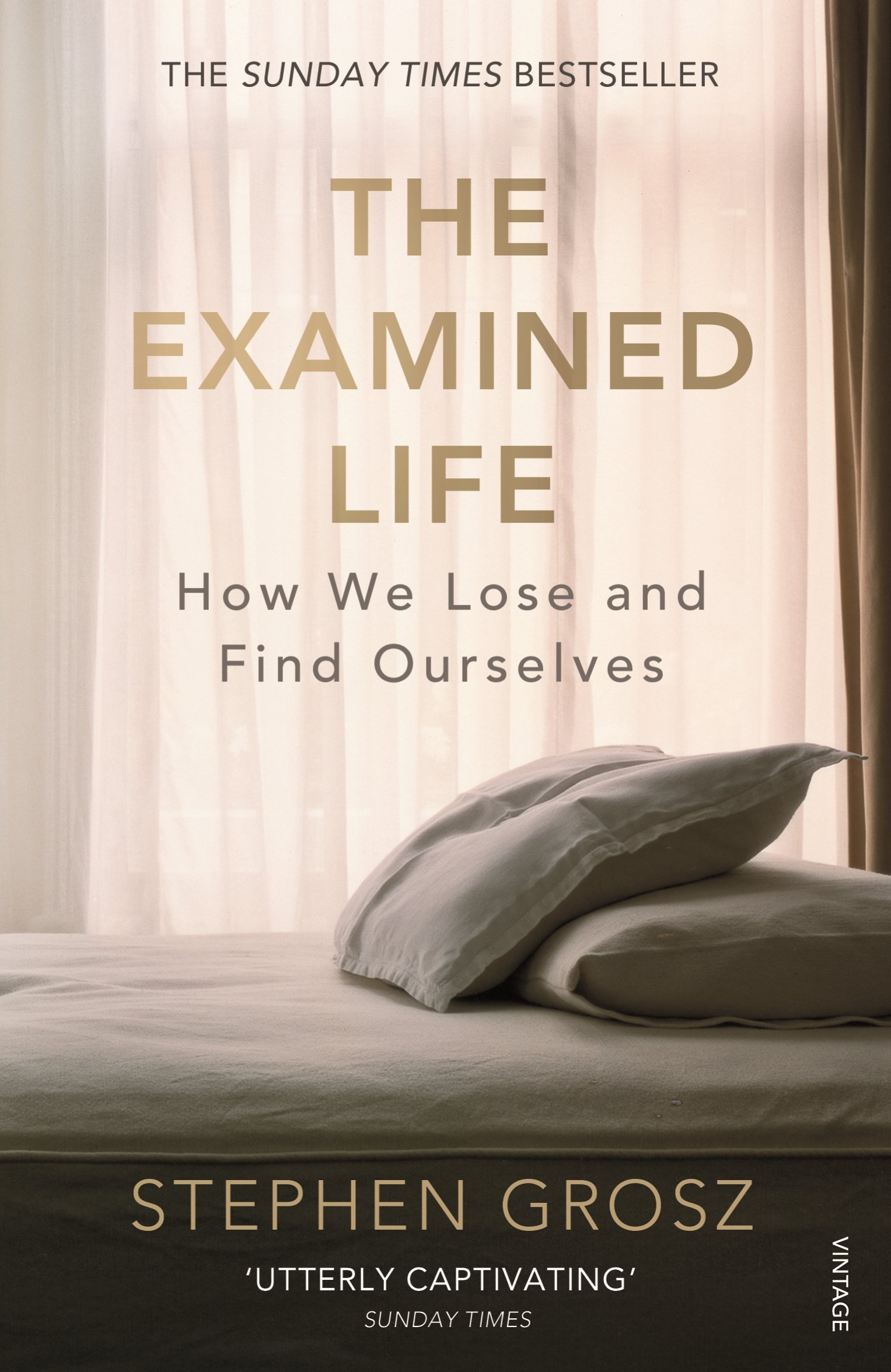Our book group choice for May 2018 is The Examined Life by Stephen Grosz. Echoing Socrates’ time-honoured statement that the unexamined life is not worth living, psychoanalyst Stephen Grosz draws short, vivid stories from his 25-five-year practice in order to track the collaborative journey of therapist and patient as they uncover the hidden feelings behind ordinary behaviour.
The Examined Life is a collection of essays by psychoanalyst Stephen Grosz that explores the hidden motives that shape our lives. Grosz draws on his twenty-five years of work and more than 50,000 hours of conversations with patients to offer insights into the human psyche.
The book is divided into three parts: “The Stories We Tell,” “The Things We Do,” and “The People We Are.” In the first part, Grosz discusses how we create stories to make sense of our lives. He shows how these stories can be both helpful and harmful, and how they can often obscure our true motivations.
In the second part, Grosz examines the ways in which our actions are often driven by unconscious forces. He discusses topics such as addiction, compulsion, and self-harm, and shows how these behaviors can be understood as attempts to cope with emotional pain.
In the third part, Grosz explores the nature of identity. He shows how our sense of self is not fixed, but is constantly evolving. He also discusses the importance of acceptance and self-compassion, and how these qualities can help us to live more authentic lives.
The Examined Life is a thought-provoking and insightful book that offers a unique perspective on the human experience. Grosz’s writing is clear and engaging, and he does an excellent job of weaving together clinical insights with personal anecdotes. The book is full of wisdom and compassion, and it is sure to leave readers with a deeper understanding of themselves and others.
Here are some specific examples of the insights that Grosz offers in The Examined Life:
- We often tell ourselves stories about our lives that are not entirely accurate. These stories can be helpful in some ways, but they can also prevent us from seeing the truth about ourselves.
- Our actions are often driven by unconscious forces. This can make it difficult to understand why we do the things we do, and it can lead to self-destructive behavior.
- Our sense of self is not fixed, but is constantly evolving. This can be a source of anxiety, but it also allows us to grow and change.
- Acceptance and self-compassion are essential for living a happy and fulfilling life. When we can accept ourselves for who we are, we are free to live our lives to the fullest.
The Examined Life is a book that can be read on many different levels. It is a valuable resource for anyone who is interested in self-understanding, and it is also a thought-provoking and engaging read.
Discussion Questions The Examined Life
- How did find the experience of reading this book?
- What did you think of the writer’s style and how the book was organised?
- Did there seem to be a common thread running throughout that you could follow?
- Did you form any ideas about the author, the therapist?
- Was there one case study that stood out for you as moving or just annoying?
- Having read the book do you think you would prefer to be a client or a therapist, and is the book written in such a way as to drive you towards a conclusion?
- Was there anything that surprised you?
- Did you notice a lack of resolution? Some stories seemed to have no ‘payoff’ a bit like a detective story with no conclusion?
- Were there any insights (grief, paranoia, changing, self-esteem) that were memorable or dubious?

